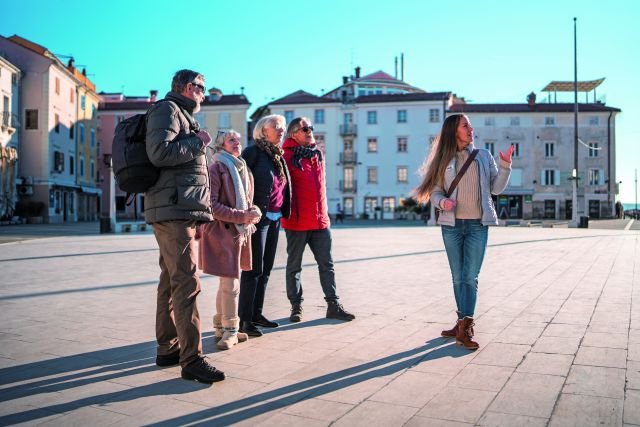Use it or lose it – solving the brain training puzzle
This article was originally published in May, 2019.

News just in: older adults who regularly do crosswords and number puzzles have sharper brains.
Paging Dr Obvious. Surely, this was known already?
Actually, scientists have been split on the benefits of ‘brain games’ like Sudoku for years, with many regarding the evidence surrounding their benefits as weak at best.
Until now.
A study of more than 19,000 participants, led by the University of Exeter and King’s College London, found that the more regularly peopled engaged with puzzles like Crossword and Sudoku, the sharper their performance across a range of tasks.
“The improvements are particularly clear in the speed and accuracy of their performance”, said lead researcher Dr Anne Corbett.
“On measures of problem-solving, people who regularly do these puzzles performed equivalent to an average of eight years younger compared to those who don't.”
The findings are encouraging, but Dr Corbett was careful not to overstate the benefits.
“We can't say that playing these puzzles necessarily reduces the risk of dementia in later life”, she said.
“But this research supports previous findings that indicate regular use of word and number puzzles helps keep our brains working better for longer."
Improving cognitive ability is something we should all aim for, but the issue of dementia is much more complex. There are a number of pathological and environmental factors that need to be considered.
Online ‘brain training’ programs have faced increased scrutiny in recent years over unfounded claims relating to dementia.
In 2016, Lumos Labs, the company behind popular online program Lumosity was fined $2 million by the Federal Trade Commission (FTC) for “deceptive advertising.”
According to the FTC, Lumosity preyed on consumers’ fears about age-related cognitive decline by suggesting its series of online games could stave off memory loss, dementia and even Alzheimer’s disease.
There was just one problem. As the FTC’s Jessica Rich pointed out: “Lumosity simply did not have the science to back up its ads.”
If you can’t trust the science, then surely word of mouth counts for something?
Maybe not.
It turns out that Lumos Labs also failed to disclose that some of their consumer testimonials had been solicited through competitions and prize giveaways.
If you’re starting to lose faith in the power of online brain training, hang tight.
Lumosity might have oversold its benefits, but research has shown that learning new skills (even in the online space) helps boost brain networks.
New York-based neurologist and memory disorder specialist Dr Gayatri Devi says that crossword puzzles and mental exercises help keep our brains challenged and engaged as we get older.
“We can shore up our brain’s strength or cognitive reserve to either delay onset of dementia or to prevent it altogether,” she said.
“Regardless of task, if the problem is challenging enough, all areas of the brain are more or less involved in trying to find a solution — which is good for overall strengthening of the brain’s networks and improving cognitive reserve.”
Burying your head in a crossword puzzle or online game isn’t the only way you can challenge your brain. Learning a new language or immersing yourself in a hobby can be extremely beneficial.
Physical exercise is also a proven brain stimulant.
Fancy a Salsa over a Sudoku? Dance classes are the perfect combination of physical exertion and concentration.
And of course, a healthy diet plays a crucial role in supporting mind and body.
The ‘experts’ might be split on the exact benefits of crosswords and number puzzles but when it comes to your brain, the old adage is true: ‘Use it or lose it.’
A healthy social life also offers enormous benefits to your physical and mental health. In fact, it might be the most crucial factor of all.
Psychology Today said it may lower your risk of dementia.
If you’re looking to engage with those in your local community and find people with shared interests, we can help.
National Seniors Australia branches are a great place to meet people, discuss community issues and participate in social events. To find the nearest branch near you, click on the button below.






